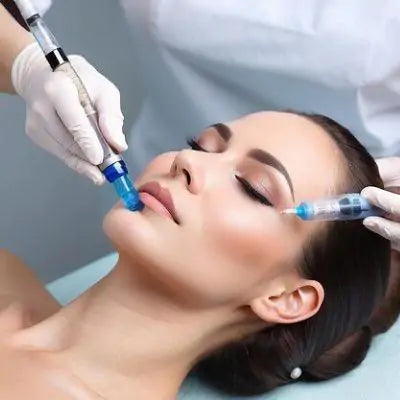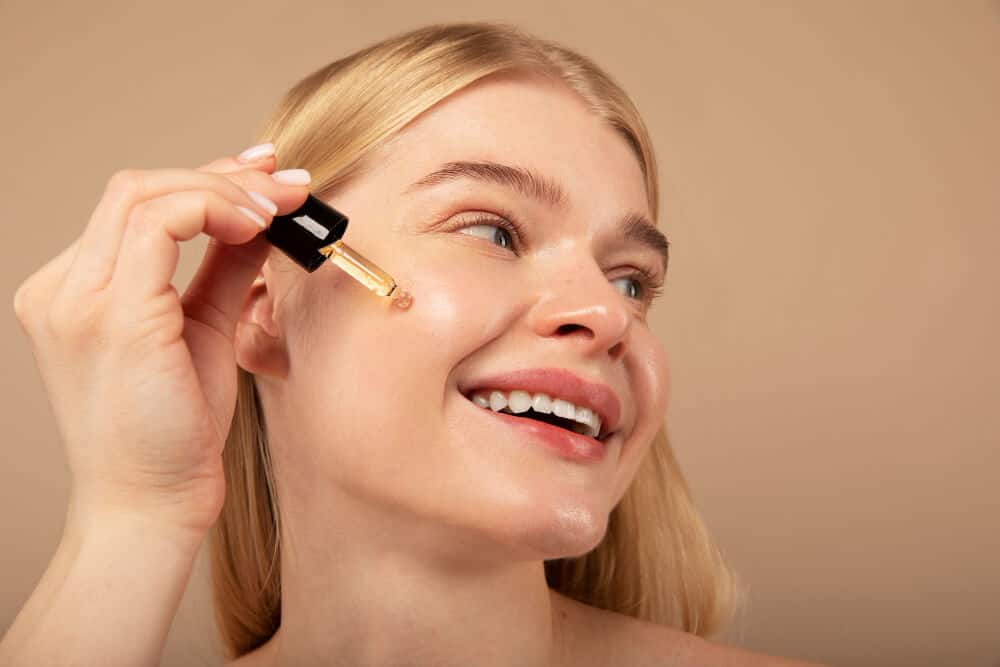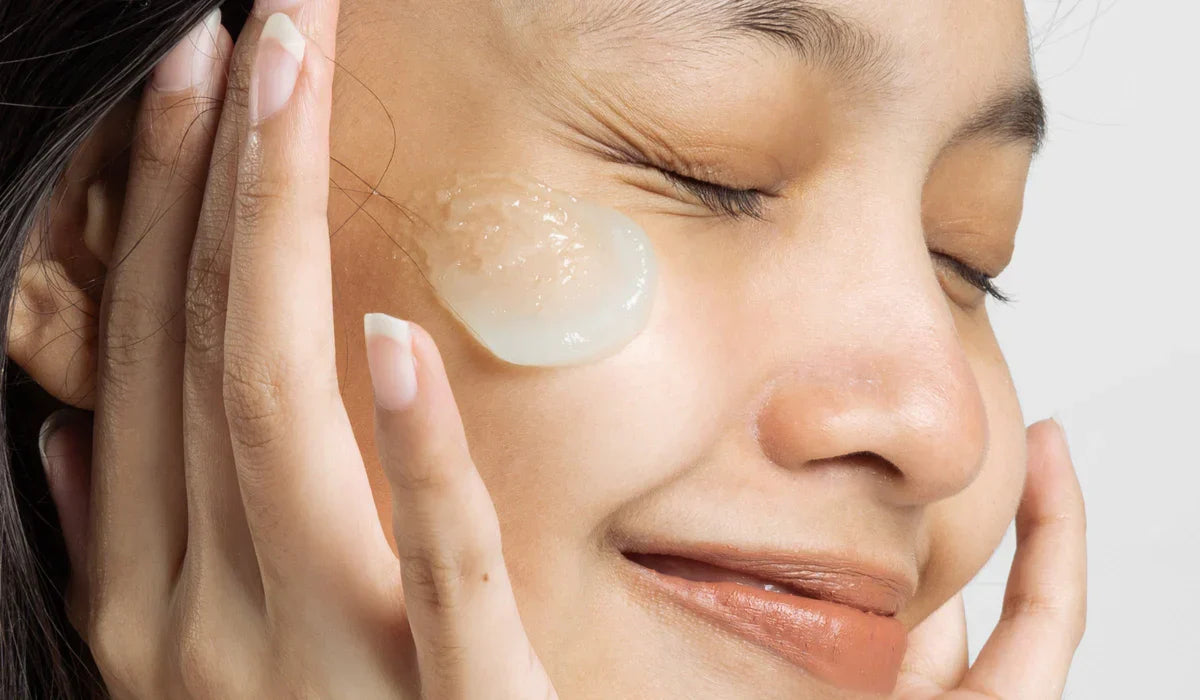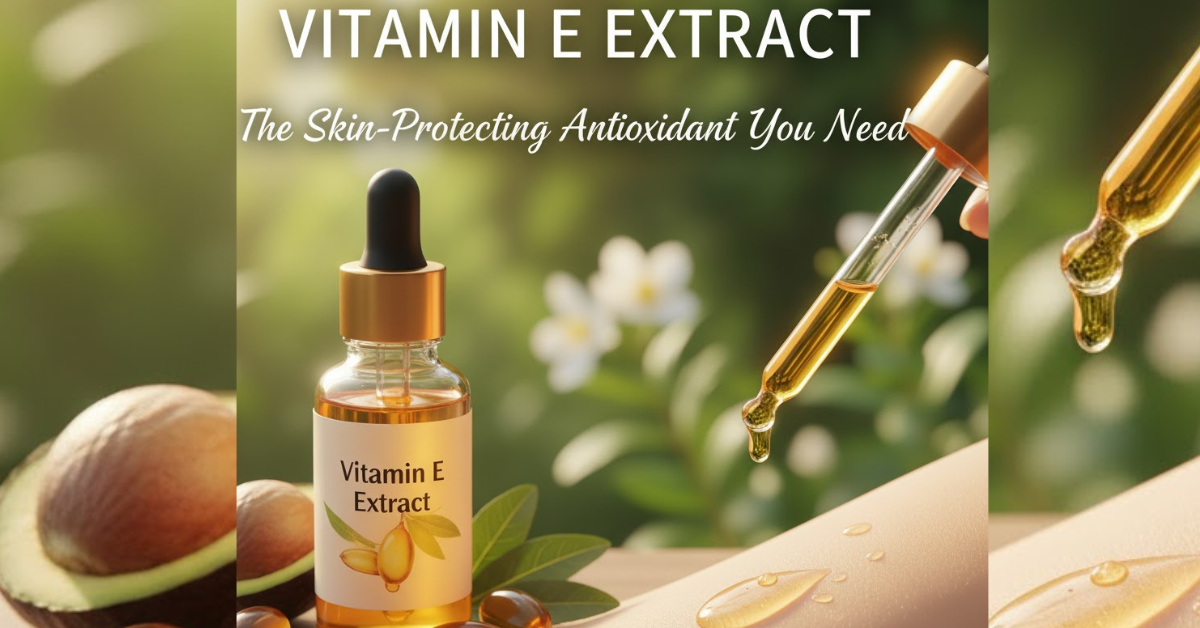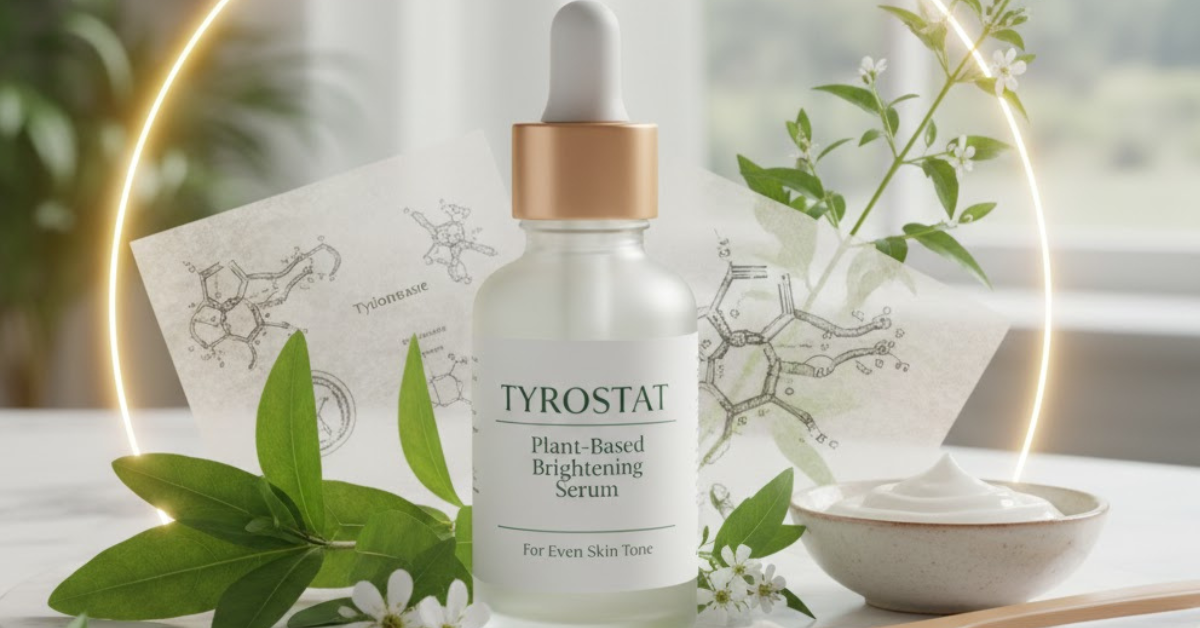
Vitamin C (Ascorbic Acid): Brightening, Anti-Aging, and Antioxidant Benefits
In the present time, when everyone wants clear and glowing skin, different skincare ingredients offer confusion. Some questions related to skincare ingredients may come to mind: Which skincare ingredient will work well on your skin? What ingredients do I need to see when I am choosing a skincare product? What if the ingredient does not suit my skin? All such questions can make a person have confusion about skincare ingredients. If you have the same question, this article is for you.
In the skincare market, different skincare ingredients are available, but how to choose the right one for your skin that can offer multiple benefits for your skin? If you want a skincare ingredient for multiple benefits, such as skin brightening, anti-aging, and antioxidant benefits, Vitamin C can be the ideal choice. This powerful ingredient is known to offer benefits against dullness, uneven skin tone, fine lines, and environmental damage. This powerful antioxidant can help brighten the complexion, combat premature aging, and protect your skin from everyday stressors. Let’s understand the science behind the working of this active ingredient. Stay with us till the end of this blog.
What is Vitamin C (Ascorbic Acid)?
Vitamin C is also known as Ascorbic acid which is a water soluble vitamin naturally found in fruits and vegetables such as oranges, kiwi, and strawberries. This potent antioxidant can neutralize free radicals. Free radicals are the unstable molecules that can damage skin cells and accelerate aging. By neutralizing those molecules, Vitamin C can result in brightening and anti-aging benefits. When vitamin C is applied directly to the skin, it can target dark spots, fine lines, and offer effective results.

What is the Science Behind Vitamin C in Skincare?
Free radicals are one of the biggest reasons for premature aging. They can form as a result of pollution, UV radiation, and stress. With time, molecules can break down collagen, elastin, and healthy skin cells. By breaking collagen, elastin, and healthy skin cells, it can result in wrinkles, sagging, and dullness.
By offering shield against oxidative stress, Vitamin C neutralizes free radicals before they can harm your skin. Vitamin C supports collagen synthesis and keep your skin plump and youthful.
Numerous Benefits offered by Vitamin C in Skincare:
1. Brightening Benefits of Vitamin C
Vitamin C is one of the most effective ingredient that has ability to brighten the skin and fade hyperpigmentation. It can inhibit melanin production and helps fade acne scars, sunspots, and age spots.
2. Anti-Aging Power: Firmness, Elasticity & Wrinkle Reduction
Vitamin C comes in the category of those ingredients that can stimulate collagen production and offer structure and firmness to the skin. As we age, the collagen production naturally declines and lead to fine lines, wrinkles, and sagging. It is a powerful ingredient that helps smooth out fine lines, improve elasticity, and restore a youthful bounce to the skin.

3. Potent Antioxidant Protection
Vitamin C can be used on a daily basis to shield your skin. It can neutralize free radicals, which are generated by UV rays, pollution, and stress. It can also prevent DNA damage and inflammation. Don’t forget to use sunscreen for effective protection against the sun. Skya Vitamin C serum in the morning can help increase the effectiveness of SPF and offers a layered protection against premature aging and sun damage.
4. Reduces Inflammation and Boosts Healing
Due to its anti-inflammatory properties, Vitamin C can be an effective ingredient to reduce redness, irritation, and increase the ability for wound healing. It can be an ideal choice for acne-prone and sensitive skin.
5. Enhances Overall Skin Texture and Tone
Vitamin C can offer refined skin texture, making it smoother and softer. By minimizing enlarged pores and helps the skin retain moisture, Vitamin C can offer radiant complexion that looks healthy and well-balanced.
What are the Common Mistakes to Avoid While Using Vitamin C?
Below are some common mistakes to avoid when using Vitamin C in your skincare routine. Read them carefully and avoid making such mistakes:
- Don’t use Vitamin C with incompatible ingredients, such as retinol or benzoyl peroxide, as they can deactivate vitamin C.
- Skipping sunscreen can be the biggest mistake. Vitamin C can offer enhanced sun protection, but cannot replace SPF. Always use a sunscreen with SPF more than 30 for maximize results.
- Always store Vitamin C in a cool and dark place. If it turns dark orange or brown, it means it is oxidized and less effective.
- Don’t use too much, as overuse can lead to irritation or dryness.

Final Thoughts
Vitamin C can be the best ingredient for your skin if incorporated properly in the skincare routine. It can offer effective results for brightening dull skin and fading dark spots to reduce wrinkles and defend against the environmental damage. No matter, if you are new to skincare or a seasoned enthusiast, incorporating Vitamin C in your skincare routine can help transform your complexion, revealing radiant, youthful, and healthy-looking skin.
Frequently Asked Questions for Vitamin C (Ascorbic Acid):
Question 1. Can You Combine Vitamin C with Other Ingredients?
Answer. Yes, combining Vitamin C with other ingredients can be an ideal choice. This powerful ingredient can pair wonderfully with:
- Vitamin E that boosts antioxidant strength and nourishment.
- Ferulic Acid can stabilize Vitamin C and enhance UV protection.
- Hyaluronic acid can hydrated and plumps the skin for a youthful finish.
Question 2. How to use Vitamin C in the evening or night?
Answer. Vitamin C is usually applied in the morning for its antioxidant protection, but it can also be used at night if you have sensitive skin and if your formula includes additional actives such as Vitamin E or ferulic acid.
Question 3. Can using Vitamin C with retinol be an ideal choice?
Answer. Both Vitamin C and retinol are the powerful actives and when used together, it can be harsh. If you want to use retinol and vitamin C together, you can use Vitamin C in the morning and retinol at night for effective results.
Question 4. In how many days I can see visible results with the use of Vitamin C?
Answer. It is important to stay consistent. With the regular and proper use of the ingredient, you will start seeing brighter, firmer, and more even tones skin within a few weeks.
Question 5. How to Use Vitamin C in Your Skincare Routine in the morning?
Answer. Vitamin C can be used in your skincare routine in different ways. You can use Vitamin C two times a day. The following is the right procedure for using vitamin C in your skincare routine in the morning:
- Cleanse your face and pat it dry.
- Apply a few drops of a Vitamin C serum evenly across your face and neck.
- Follow with a hydrating moisturizer.
- Finish with a broad-spectrum sunscreen (SPF 30 or higher).


